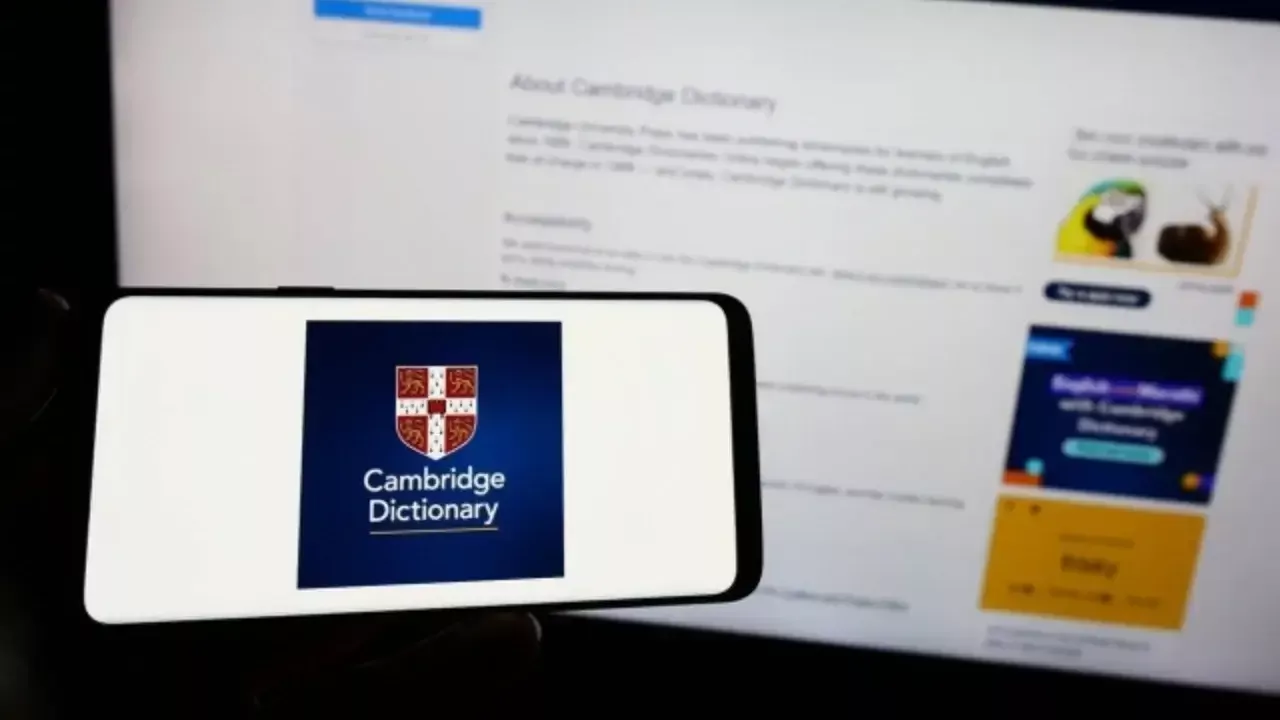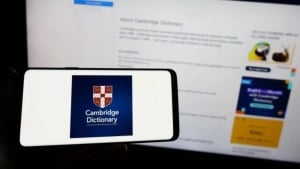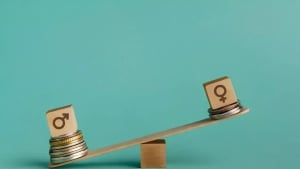
The Cambridge Dictionary is an important resource for learning English and is constantly enriched with new words. This was reported by Zamin.uz.
Recently, approximately 6000 new words and phrases were added to the dictionary. Among these new words are terms widely used on social networks, in mass media, and in everyday life such as "skibidi," "delulu," and "broligarchy."
For example, the word "skibidi" has different meanings in various contexts, used to mean "great" or "bad." This word comes from the animated series "Skibidi Toilet" by Russian animator Aleksey Gerasimov, which depicts a battle between moving toilets and agents.
Also, the word "delulu" is a shortened form of the English word "delusional," expressing daydreaming or belief in unreal things. "Tradwife" refers to a woman who follows traditional gender roles and bases her marriage on them.
The term "broligarchy" is used to describe small wealthy and influential groups in the tech business, especially referring to American producers and billionaires. Another interesting word is "Mouse jiggler," which is a computer program.
It automatically moves the mouse cursor to prevent the computer from locking. This program is popular among remote workers because it helps maintain an "online" status during work hours.
According to Colin Macintosh, head of the Cambridge Dictionary, only relevant words that reflect language culture are included in the dictionary. Internet culture has a significant impact on the development of the English language, and observing this process and adding new words to the dictionary is very interesting.
Thus, new words are not only internet jargon but also an important indicator of the development of the English language. For reference, in 2024, the Cambridge Dictionary added over 3200 new words, and during the past year, more than 6000 new phrases and jargon words were included in the dictionary (source: zamin.uz).






